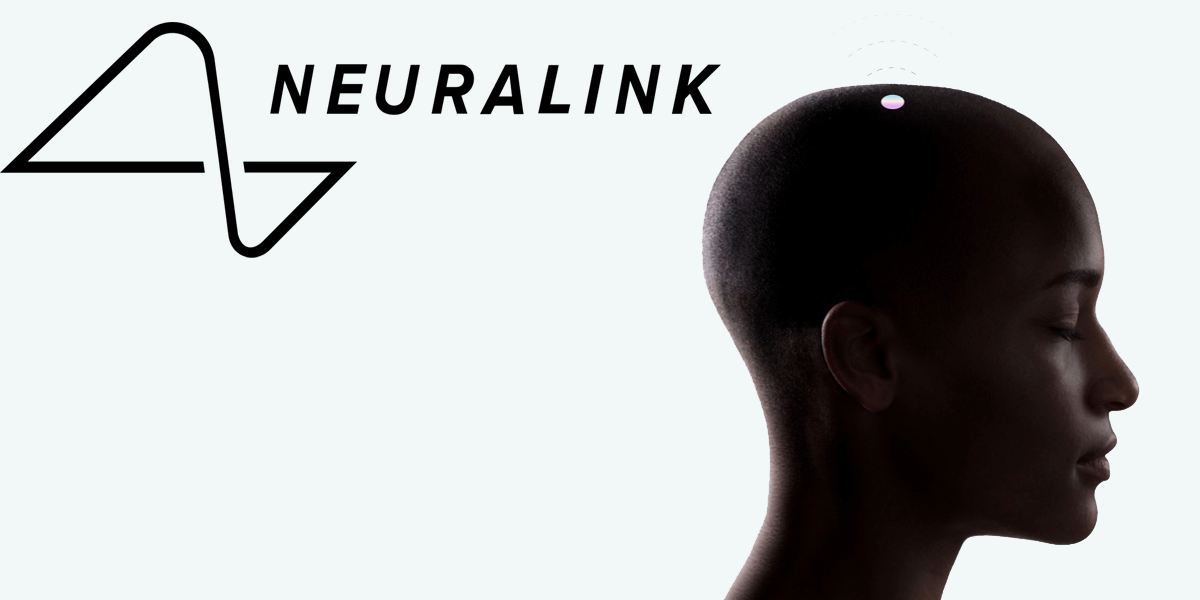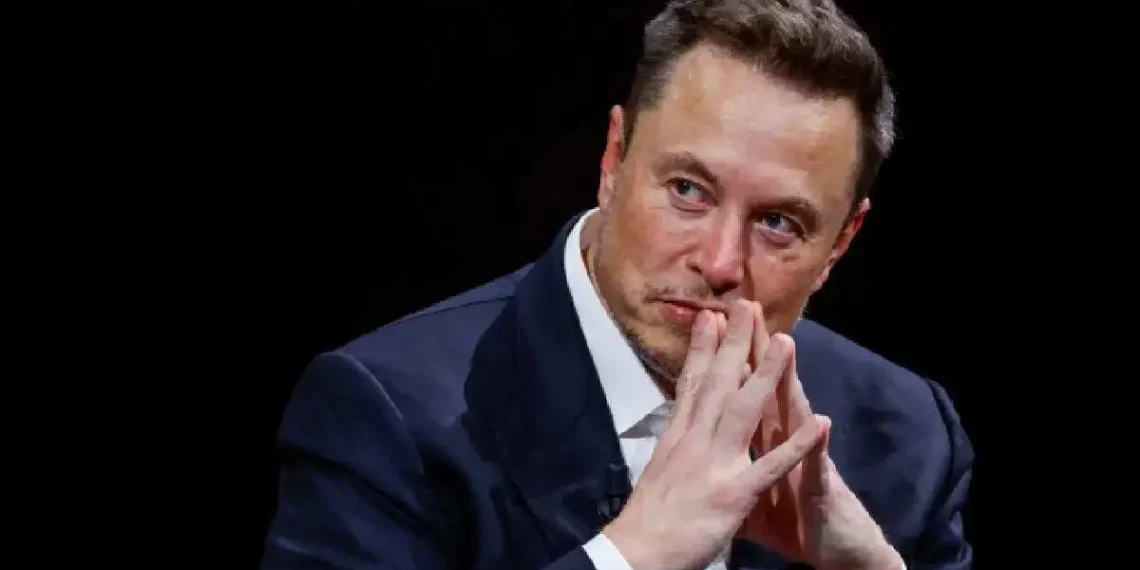In a groundbreaking development, Neuralink, Elon Musk’s brain-chip startup, has successfully implanted its brain-computer interface (BCI) in the first human patient, as revealed by Musk. The initial outcomes are promising, demonstrating effective neuron spike detection. The U.S. FDA granted Neuralink clearance for human trials, a pivotal step in the company’s mission to address paralysis and neurological disorders.
Utilizing ultra-fine threads for signal transmission, Neuralink’s PRIME Study employs a surgical robot to ensure the safety and efficacy of the wireless BCI. The study’s primary objective is to empower individuals to control a computer cursor or keyboard using their thoughts, setting the stage for revolutionary applications.
Elon Musk also unveiled the first product resulting from Neuralink’s endeavors, named ‘Telepathy.’ This aligns with the startup’s initial focus on enabling thought-controlled computer interactions.

Despite facing scrutiny over safety protocols and DOT rule violations, Neuralink remains resilient. The company, valued at $5 billion, has responded to lawmakers’ inquiries about technology safety. Musk clarified that Neuralink’s tests on monkeys were conducted with a focus on minimizing risks to healthy subjects.


















